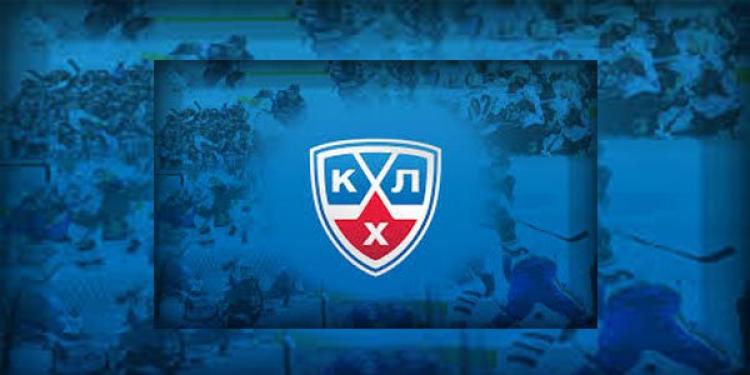How US Sanctions is Killing KHL as Russian Ruble Slides
Posted: December 24, 2014
Updated: October 6, 2017

Ice cold cuts in KHL salaries in the horizon as Russia’s economic crisis hits sports arena.
Jeff Glass has made it in the Russian gambling news again as the former Canadian World Junior hero embraces his fifth team in six seasons in Russia. He declares that “players were getting hosed right now” because of the Russian ruble nose-dive.
Glass said he has seen both the upside and downside of the prestigious Russian-based Kontinental Hockey League (KHL) where he plays. However with the freefall of the Russian ruble and the league in discomposure, he claims it is unlike anything thing he has ever come across.
Glass was able to tell real life stories about the hockey world through his KHL experience. Management, players, and agents are all in panic mode. Everyone is uncertain of what decisions to take. “Nobody’s making any money right now” he proclaimed.
Panic on ice
Even though his experience in the KHL has allowed him to him to continue playing and to make a lot of money, he thinks it’s all about to come crashing down. In a telephone interview he said it has gotten so bad that players just want a way out.
There have been players who are trying to renegotiate their contracts in light of the declining ruble. The situation is affecting players of all nationalities. Foreign players may be regretting they ever came to Russia to play hockey.
“Guys are starting to get very nervous,” Glass said and it seems living in Russia is no longer a viable option for hockey players. Everybody just wants to get contracts negotiated in euros and dollars and not rubles these days but “nobody is able to do that now”, Glass lamented.
The KHL has no union representative and though everything seemed alright up to last season, now with the ruble sliding downhill and fast, it has threatened the survival of the country’s top professional hockey league. Indeed, with oil prices on the decline and the economic sanctions stemming from Russia’s occupation of Ukraine, it has been mostly financial chaos.
Ruble fluctuation causes salary cuts or late payment
The young KHLer signed a contract this season with Lada Tolyatti amounting to $1.1 million however as all contracts in the KHL are paid in rubles, he will get around half of that original money that is about $650,000. These currency developments may make the KHL less attractive going forward.
Of course at the time of the signing, the ruble was trading at between 33 and 34 rubles to an American dollar. Now it’s about 60 rubles for an American dollar. Despite this drastic fall in salary, compared to others KHL is still among the more fortunate as the team is paid on time.
• Foreign players need to go
• 50% salary cut because of sliding ruble
• Russian central bank has no intention of supporting the ruble
The Russian-based National Hockey League (NHL) and rival of KHL has fared no better. Neither has Atlant, who is now teetering on the edge of collapse. Three other teams, Sibir, Medvescak and Dinamo Riga are in danger as well.
Neither the payers nor the coaches have been paid in over three months. Rumors have it that Sibir have been selling their ‘cream of the crop players’. This will enable the remaining players to get their salary soon.
Former Vancouver Canucks goaltender, Curtis Sanford, who came to Russia to accumulate money for his pension fund, reiterates Glass’ testimony. “It’s just really happened all of a sudden”, said 35-year-old Sanford.
“These are some things that you don’t expect when you sign a contract. Right now, you just have to ride the rolls of how it’s going and hopefully it stabilizes and gets better” Sanford continues. In Russia, teams are propped up by ‘business arrangements’ with local governments or national companies so without their backing players don’t get paid.
Another issue that is affecting Russian ice hockey is the amount of players in the KHL. There should be 15, but to date, there are 28 team members. The expansion has watered the league down and created teams that cannot afford to pay the salaries.
The league has never had a practical business model, so cheap tickets, sparse attendance, and no bets would eventually intensify KHL troubles. Indeed the demise of the KHL is important in the gambling world too.
Legislators of the Russian gambling laws could not have foreseen that a plunge in oil prices, due to economic sanctions after Russia invaded Crimea, would have eroded sportsbooking operations in Russia.












